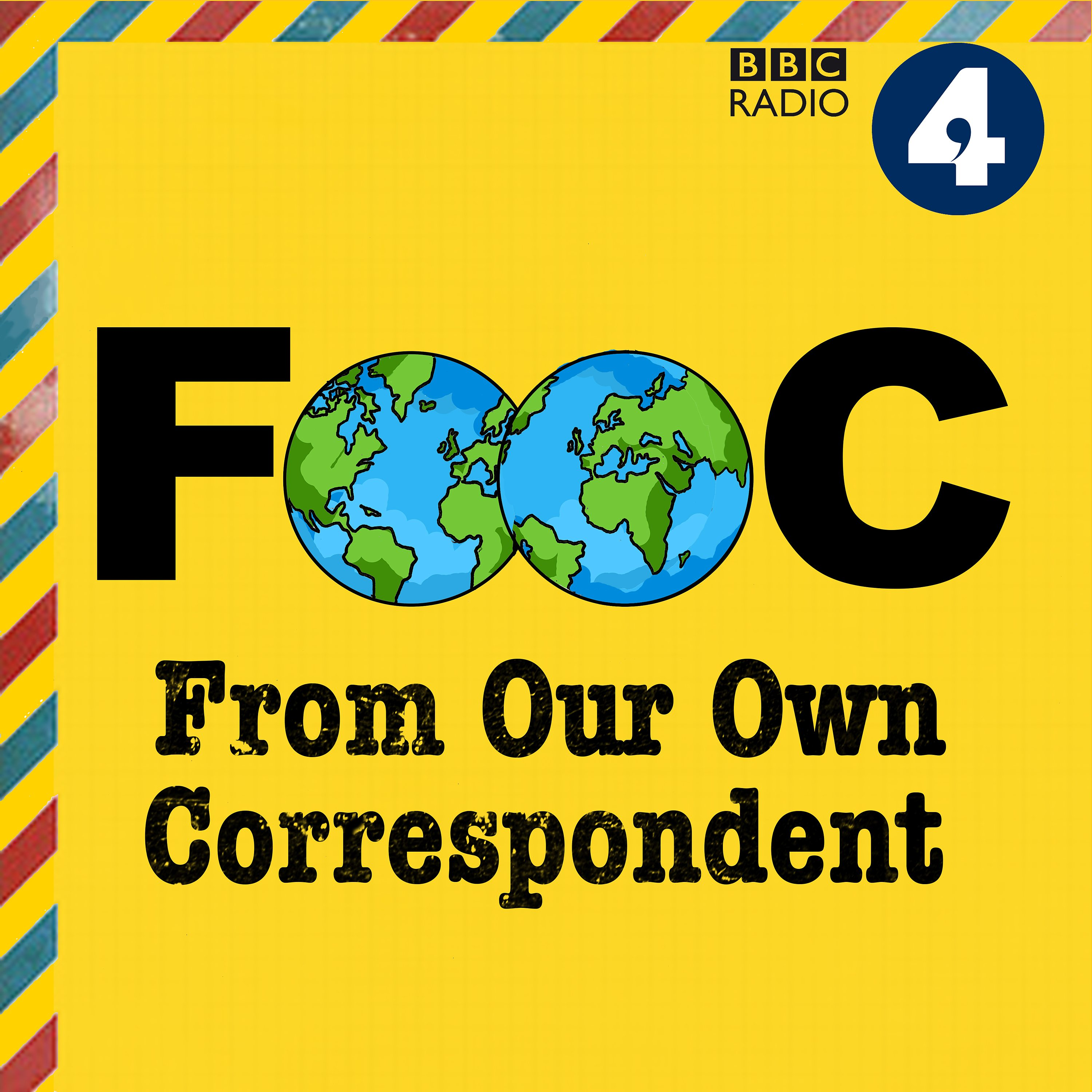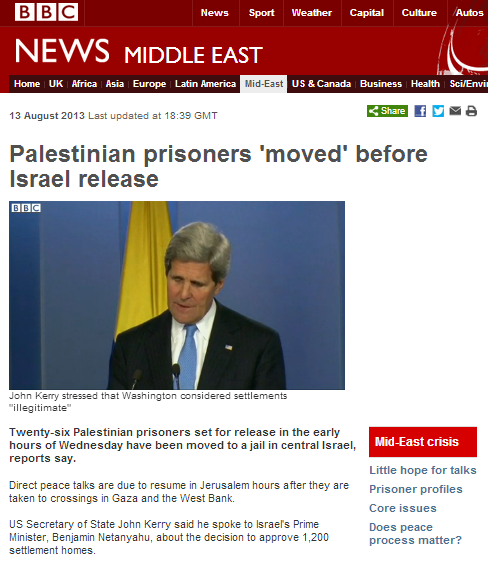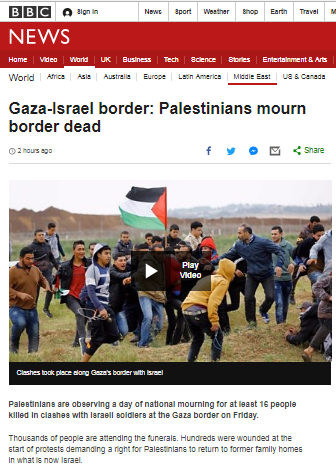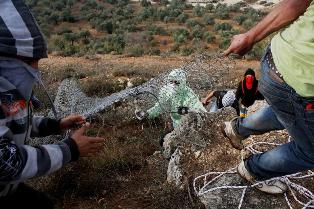Among the BBC News website’s profuse coverage of the December 6th US announcement of its recognition of Jerusalem as the capital of Israel were reports concerning violent rioting in Beirut:
“Beirut protests: ‘Jerusalem remains a rallying cry’” Martin Patience, 10/12/17
“Trump Jerusalem move: Tear gas at Lebanon US embassy protest” 10/12/17
In the second of those reports, readers were told that:
“Lebanon is home to hundreds of thousands of Palestinian refugees, including those who fled Israel after it was founded, and their descendants.”
But exactly how many are “hundreds of thousands”?
An online search of BBC reports on that topic shows that in 1999 the BBC told its audiences that there were 350,000 Palestinian refugees in Lebanon but did not give a source for that number. In 2003 the BBC quoted a figure of 376,472 citing UNRWA and the same UN agency was cited as the source of a figure of 391,679 the following year.
A backgrounder produced in 2008 also quoted UNRWA, informing BBC audiences that as of December 2006 there were 408,438 registered Palestinian refugees in Lebanon. In August 2010 BBC audiences were told of “an estimated 400,000 Palestinians living in Lebanon” and an article published the following month – September 2010 – cited a figure of 405,425 without clarifying its source.
However, a recent development makes the sourcing of those numbers cited by the BBC over the years especially interesting.
In February of this year the first ever census of Palestinian refugees in Lebanon was begun and its results were made public last week, as reported by AP:
“The first official census of Palestinian refugees in Lebanon has revealed that there are 174,422 Palestinians now living in Lebanon, a figure almost two thirds less than previously estimated.
The Palestinians — both original refugees and their descendants — were believed to number about 450,000 but tens of thousands emigrated from Lebanon in over the past decades, seeking better opportunities.
The census released Thursday was conducted by the Lebanese Central Administration of Statistics and the Palestinian Central Bureau of Statistics.”
Reporting the same story, the Lebanese newspaper The Daily Star provides some interesting insight into the UNRWA supplied figures quoted by the BBC over the years.
“The findings came as a surprise to some, as the standard estimate of the Palestinian refugee population in Lebanon cited by local and international media as well as aid groups has long stood around 450,000. This figure was based upon the number of refugees registered with the United Nations Relief and Works Agency for Palestinian Refugees in the Near East (UNRWA).
As no census in Lebanon had ever taken place, UNRWA’s registration records served as the most reliable go-to source for an estimate.
However, UNRWA has never claimed that the number of registered refugees in Lebanon should have served as a de-facto head-count for the population.
“We have 469,331 refugees officially registered with UNRWA in Lebanon,” Huda Samra, spokesperson for the U.N. agency, told The Daily Star. “This reflects the number of Palestinian refugees in Lebanon who come to us to register for benefits, which include educational, vocational and health services.”
Deaths or relocation outside the camps and perhaps to other countries are not necessarily reported to UNRWA.” [emphasis added]
In other words, for nearly two decades (at least) the BBC has been promoting statistics which did not – and according to the UNRWA spokesperson quoted by The Daily Star, were never intended to – reflect the actual number of Palestinian refugees living in Lebanon.
Related Articles:
BBC’s ‘Obstacles to Peace’: wrong on right of return – Part 1
BBC’s ‘Obstacles to Peace’: wrong on right of return – Part 2
The BBC’s reporting of statistics and Gaza casualty ratios




